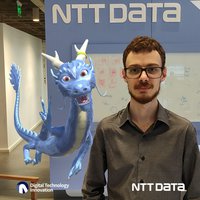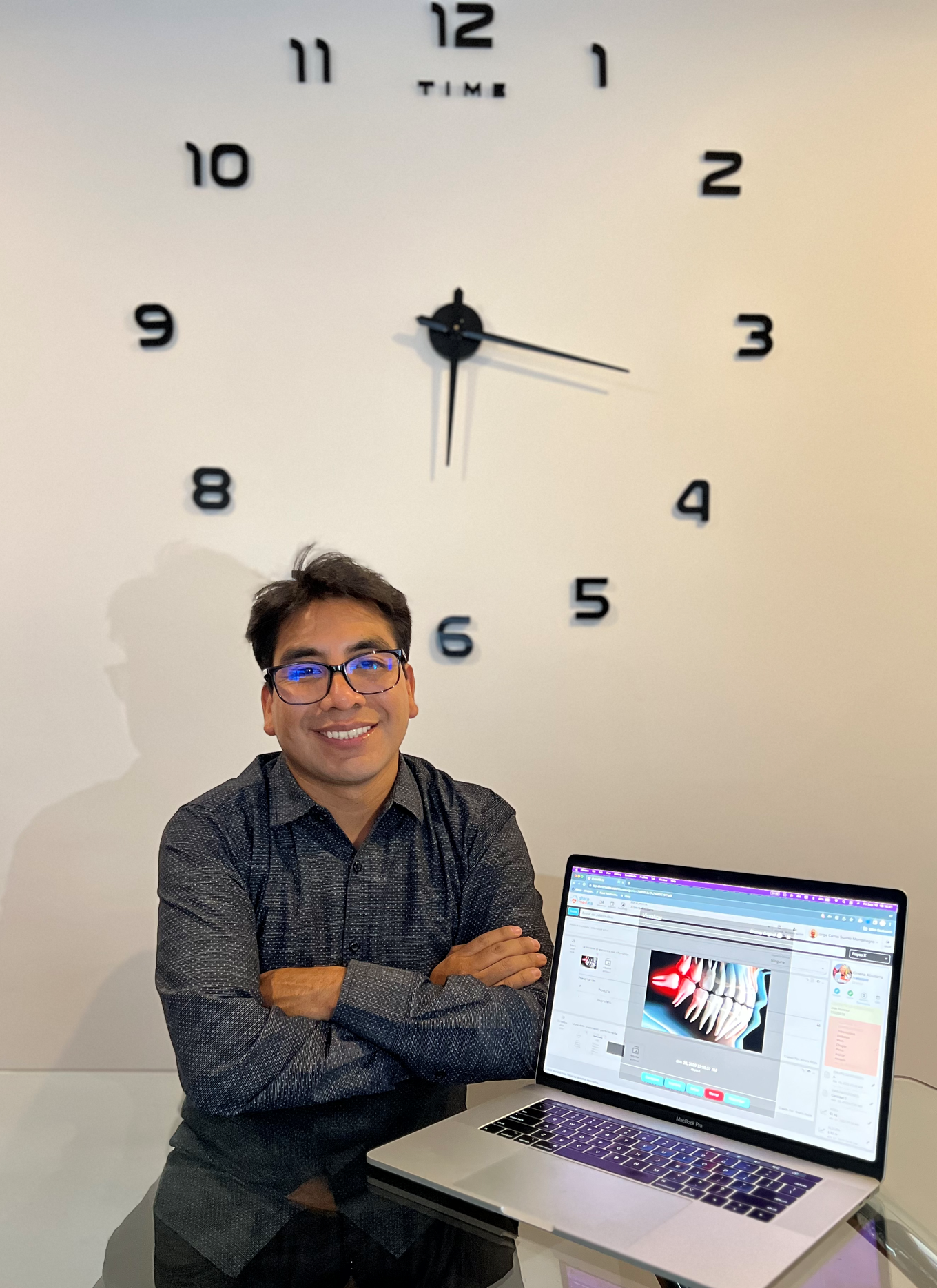Software
Alvaro Rojas
Its 'software' improves healthcare by managing patient data and digitizing medical services.

Latin America
Rafael Ferreira
His spatial computing tool enables the creation of augmented and immersive reality metaverses for companies.

Europe
Tatsiana Zaretskaya
CEO at Laava Tech

Europe
Owen McGirr
Entrepreneur and Software Developer

Latin America
Natalia Cano
Its platform solves parents' questions with the help of qualified pediatricians remotely at any time of the day.
